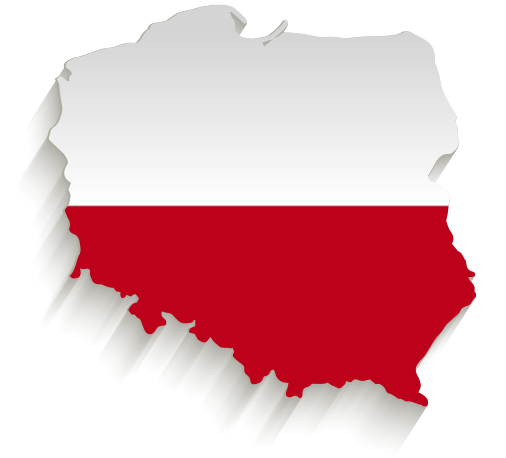(Grant Agreement n. 669194)
(Kurów, 6/7/1923 - Warsaw, 25/5/2014)
Minister of Defense - Council of Ministers (1968-1973)Member - Political Bureau of the Central Committee (1970-1989)
Prime Minister - Council of Ministers (1981-1985)
First Secretary - Central Committee (1981-1989)
As a general, with an impressive career in the Polish Army, and the Minister of Defence, Jaruzelski had an incontestable authority over military affairs. His reports from the 1970s often contained a critique of political rapprochement with the West, in his view, dangerous from for the Poland’s security. However, Jaruzelski had a marginal role in day-to-day policy-making, especially in case of economy. In the late 1970s, his political position increased, and he became opposed to the Gierek's leadership. After the rise of Solidarność, he was the closest cooperator of the new General Secretary, Stanisław Kania. The two rejected the pressure to use arms against the protesters. In October 1981 he replaced Kania on the position of the General Secretary. He became widely-known for deciding to introduce the martial law in Poland on the 13th of December 1981.
|
Initially, Kania was a supporter of Gierek's leadership. Within the PUWP in the 1970s, he was responsible for security services. This role allowed him to grow to the position of one of the most influential members of the PUWP leadership. In th... |
